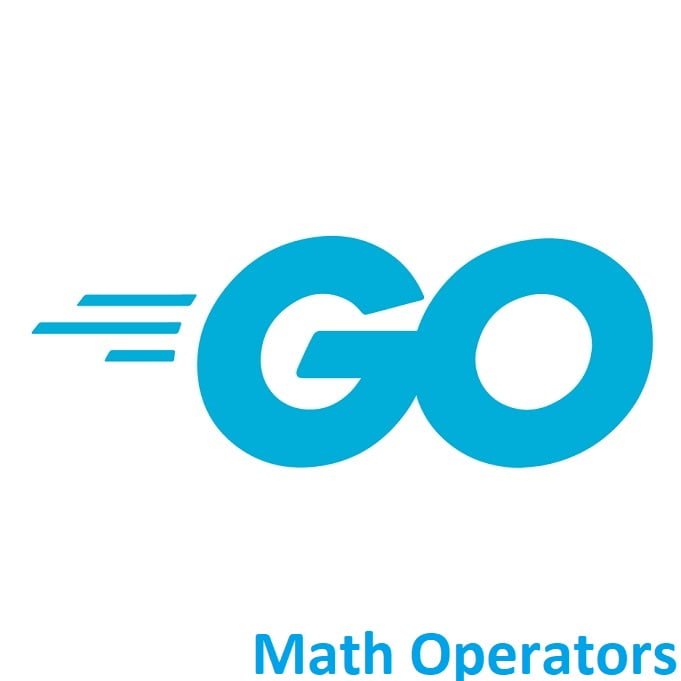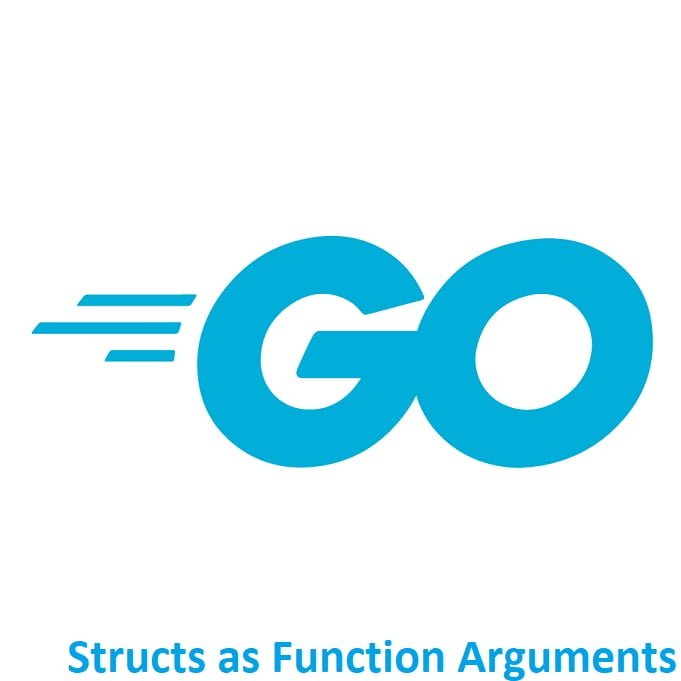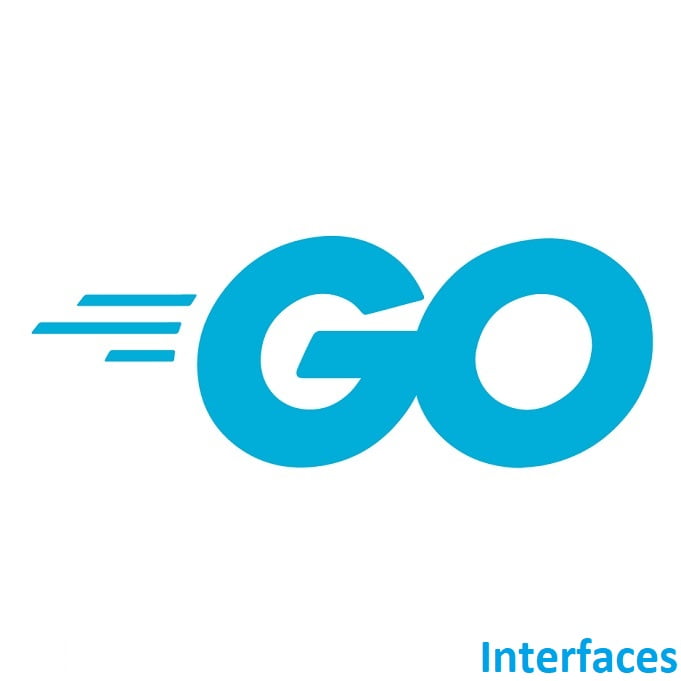
Performing Arithmetic Operations
Mathematical operations are fundamental in programming. In this post, we’ll delve into the world of arithmetic calculations using math operators in Golang. Understanding these operators is essential for performing calculations and manipulating numerical data within Golang programs.
Basic Math Operators
Go supports a variety of math operators for performing arithmetic operations. Here’s a list of the basic math operators supported by Go:
- Addition:
+ - Subtraction:
- - Multiplication:
* - Division:
/ - Remainder (Modulus):
%
Basic Examples
Let’s quickly go through some examples of each one:
Addition (+):
Adds two numbers together.
result := 5 + 3 // result will be 8
Subtraction (-):
Subtracts the right operand from the left operand.
result := 10 - 4 // result will be 6
Multiplication (*):
Multiplies two numbers.
result := 7 * 3 // result will be 21
Division (/):
Divides the left operand by the right operand.
result := 15 / 5 // result will be 3
Remainder (%):
Calculates the remainder after division.
result := 17 % 4 // result will be 1
Exponentiation (**):
Go doesn’t have a built-in exponentiation operator like some other languages. Instead, you can achieve exponentiation using the math.Pow function from the math package.
import "math"
result := math.Pow(2, 3) // result will be 8
Code Example
Here’s a complete example of how you can use these operators in Go:
package main
import "fmt"
func main() {
a := 10
b := 5
addition := a + b
subtraction := a - b
multiplication := a * b
division := a / b
remainder := a % b
fmt.Println("Addition:", addition)
fmt.Println("Subtraction:", subtraction)
fmt.Println("Multiplication:", multiplication)
fmt.Println("Division:", division)
fmt.Println("Remainder:", remainder)
}Assignment Operators
Additionally, Go also has some shorthand assignment operators that combine arithmetic operations with variable assignments. Here are a few examples:
++: Add 1 (Increment)--: Subtract 1 (Decrement)+=: Add and assign-=: Subtract and assign*=: Multiply and assign/=: Divide and assign%=: Calculate remainder and assign
package main
import "fmt"
func main() {
a := 10
a += 5 // equivalent to a = a + 5
fmt.Println("a:", a)
a -= 3 // equivalent to a = a - 3
fmt.Println("a:", a)
a *= 2 // equivalent to a = a * 2
fmt.Println("a:", a)
a /= 4 // equivalent to a = a / 4
fmt.Println("a:", a)
a %= 2 // equivalent to a = a % 2
fmt.Println("a:", a)
}Golang Math Package
Go’s math package provides various mathematical functions beyond simple arithmetic.
For Example:
import "math" // Square root sqrt := math.Sqrt(25) // sqrt will be 5 // Trigonometric functions (sin, cos, tan) angle := math.Pi / 6 sinVal := math.Sin(angle) cosVal := math.Cos(angle) tanVal := math.Tan(angle)
Bitwise Operators
While not strictly related to advanced math, Go also supports bitwise operators that manipulate individual bits in integers.
bitwiseAnd := 5 & 3 // Bitwise AND, result will be 1 bitwiseOr := 5 | 3 // Bitwise OR, result will be 7 bitwiseXor := 5 ^ 3 // Bitwise XOR, result will be 6 bitwiseShiftLeft := 5 << 2 // Left shift by 2 bits, result will be 20 bitwiseShiftRight := 5 >> 1 // Right shift by 1 bit, result will be 2
Conclusion
Arithmetic operations are fundamental in programming, and Golang provides a range of math operators to perform these operations efficiently. Understanding and utilizing these operators enables you to perform calculations, manipulate numeric data, and build more complex algorithms within your Golang programs.
That’s All Folks!
You can find all of our Golang guides here: A Comprehensive Guide to Golang





